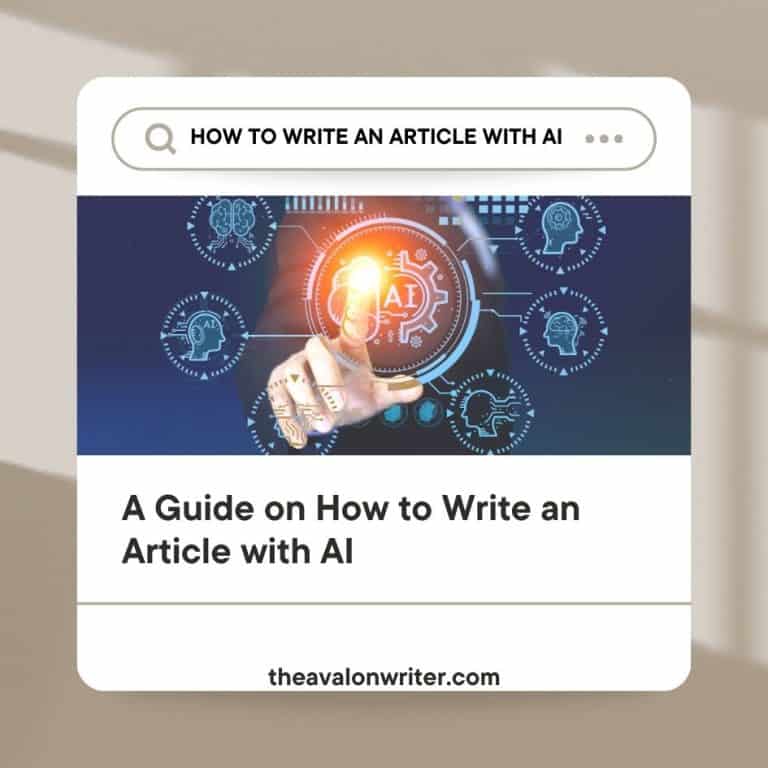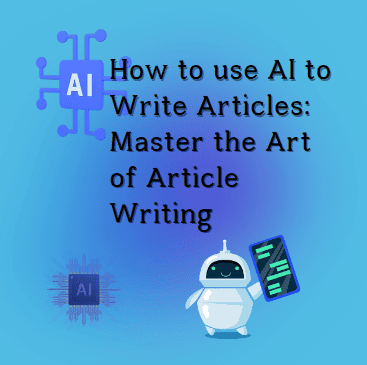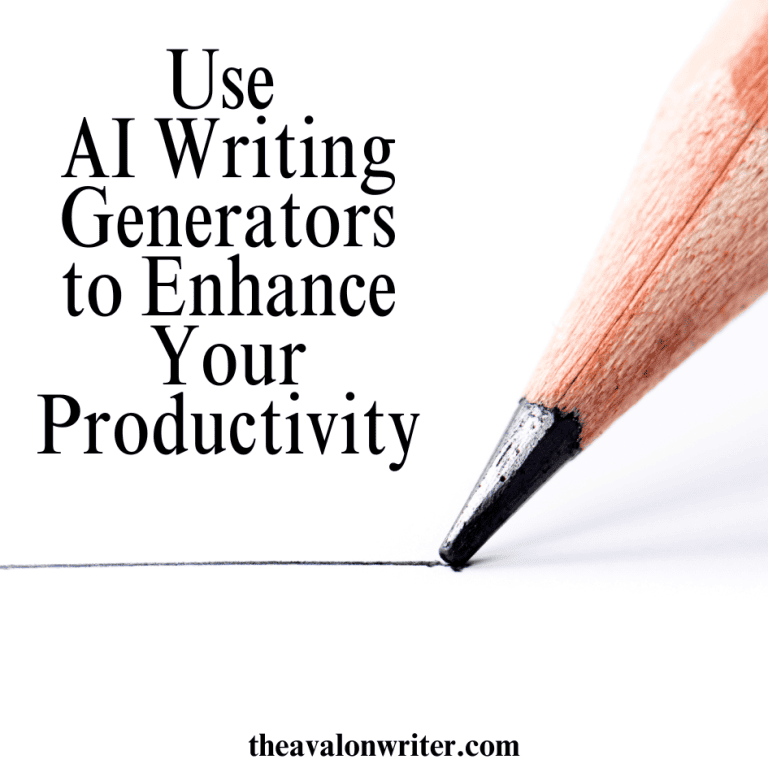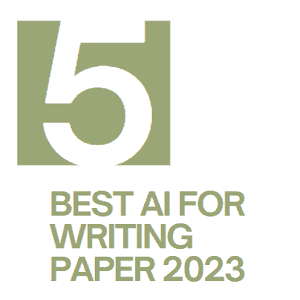Why AI Should be Banned: The Controversial Topic of Banning Artificial Intelligence is Gaining Momentum

Have you thought of how AI will affect your career? Most of these thoughts must have been negative.
There are growing concerns about Artificial Intelligence everyday. As the technology becomes widespread and used by more people, there are concerns on why AI should be banned. Prominent people like Elon Musk and Stephen Hawking are worried about the negative impact AI will have on the society.
The risk associated with AI spans from job automation to algorithmic bias. Since AI and machine learning are multifaceted; AI technology has to be evaluated carefully.
In this post, we explore dangers caused by AI and see how best we can mitigate the risks. There are those who would like AI to be banned but there are those that promote their thought on why AI should not be banned. Let’s discuss what happens should AI be banned & why this will not happen!
Why AI should be Banned : 12 Risks of Artificial Intelligence
| Dangers of AI | Benefits of AI |
| Job Losses due to Automation | Creation of New Job Opportunities |
| Social Manipulation and Misinformation | Enhanced Content Curation |
| Privacy Concerns with Surveillance | Improved Safety and Security |
| Biases Amplified by AI | Ethical Use and Fairness |
| Autonomous Weapons and Militarization | Increased Efficiency and Automation |
- Loss of Jobs
One of the reasons why AI should be banned is its contribution to job losses. Automation potentially leads to AI job losses. If AI is used in healthcare, manufacturing and marketing people will lose their jobs. Research shows that between 2020 and 2025 there will be over 85 million jobs lost to automation. From the data collected, Black Americans and Latino employees will be the most vulnerable to job loss associated to AI automation.
Others might argue that AI will bring in new jobs but not many people are equipped with the technical know-how. This will bring another problem of socioeconomic inequality. This will leave other people behind and miss out on promotions too.
- Social Manipulation Through AI Algorithms
It is possible for AI algorithms to manipulate social media platform to influence public opinion. AI poses great danger through social manipulation on platforms like TikTok which relies hugely on AI algorithms to curate content. this is one way that AI technology will be harmful through spreading of harmful information.
Misinformation will easily spread through AI algorithm. A user will get their feed saturated with feeds of content related to previously viewed data. This will create echo chambers and filter bubbles which will lead to harm and spread of information that is not correct.
Rise of fake technology kills creativity where terrible actors are given more airplay for their fabricated content. This will make it hard for someone to give accolades to the rightful owner of the content. it will be difficult to tell truthful and false information.
- Social Surveillance With AI Technology
There are security concerns when using AI technology for social surveillance. In countries like China have implemented the facial recognition technology in different sectors to help in monitoring and data collection on relationships, political views and individuals’ activities. Using this kind of surveillance will infringe people’s privacy at international and national levels. this will bring abuse authoritarian regimes.
In the United States, algorithms have been said to be biased and disproportionately target black communities. In such a case, having AI surveillance will demand balance between safety and human rights.
- Why AI Should be Banned: Biases Due to Artificial Intelligence
AI bias is there and needs to be addressed. AI systems are developed by humans who have their own biases. When the bias is extended to algorithms and data, it can amplify prejudice and discrimination in certain groups.
For example, speech recognition AI struggles to understand accents and language that is not in the dominant large language models. AI systems will have discriminatory practices since they are developed by people who do not have diverse perspectives and experience.
AI has to be ethically used and this has to start by addressing biases in data collection, representation of AI creators and algorithm design.
- Widening Socioeconomic Inequality because of AI
Adopting AI technology could worsen socioeconomic inequality. You might argue that AI will create new job opportunities, but blue-collar workers might experience a decline in their wages, which automation could contribute to.
AI is making manual and repetitive work easier, making it hard for workers to get employment or work for lower wages. White-collar workers will benefit from the advancements in systems and might have their wages increased.
The unfair treatment of workers in different sectors can widen socioeconomic gaps, potentially leading to economic and social inequality.
- Weakening Ethics and Goodwill Because of AI
AI will easily erode ethics and goodwill in society. Plenty of AI tools, such as ChatGPT, are being developed. These tools raise concerns on academic integrity and creativity. Many users are using AI technology to write their assignments, which undermines the integrity of education.
Lack of ethical consideration will lead to disregard for the negative consequences of AI technology. there have been cases of unethical treatment of workers in AI model training, as seen with OpenAI and underpaid Kenyan labourers. These are some of the cases that tarnish the reputation of AI development.
- Autonomous Weapons Powered by Artificial Intelligence
Another reason why AI should be banned is the militarization of AI. This poses a great danger to humanity. There are autonomous weapons fueled by AI. These weapons can locate and destroy the set targets without human oversight. With such developments, there are concerns of risk of an AI global arms race and misuse of weapons.
If military powers invest in AI weapons, there could be brutal arms race. Such weapons are a risk to civilian populations, and there is a potential increase of malicious felons. In such an event, there will be a lot of destruction, which raises the concern of regulating and controlling autonomous weapons to avoid catastrophic consequences.
- Financial Crises Brought About by AI Algorithms
We have seen AI in finance used in market analysis. This can create huge disruptions that affect financial circles. When algorithmic trading is employed, it can lead to sudden market crashes and volatility.
AI algorithms do not use human emotions which might lead to failure considering contextual factors. Rapid and massive trading based on algorithmic decisions will trigger a chain of reaction which will make investors panic and destabilize the financial systems.
Instances like the 2010 flash crash remind us of the risks associated with AI-driven trading. There is a need to strike a balance between AI involvement in finance.
Should AI be Banned? – How to mitigate the Risks
As much as AI dangers are clear, a complete ban is not the solution. Instead, we should be looking at why AI should be regulated. Below are some of the vital strategies to manage the risks of AI:

- Developing National and International Regulations
Comprehensive regulations and international standards are important for responsible development and use of AI. The regulations will address issues on algorithmic transparency, mitigation, data privacy, accountability, and bias detection. Setting clear guidelines and standards will foster an environment that promotes ethical AI practices.
- Creating Organizational Standards for Applying AI
Each company or organization must have standards and guidelines for applying AI technology. These policies ensure transparency in AI algorithms and address biases in data collection and processing. The policy has to include the frequency at which audits are conducted to evaluate the impacts and ethical implications of AI systems.
Any internal standards will set guidelines on the ethical use of AI and mitigate potential risks.
- Making AI a Part of Company Culture and Discussions
Discussions about AI in companies help foster the responsible use of AI. This should be done in open dialogues and employee collaborations to promote ethical AI development. This will teach the importance of diversity and inclusion in AI teams.
When AI is part of a company’s fabric, you can be sure that the future of AI technologies will be developed with ethical principles in mind.
- Informing Tech with Humanities Perspectives
Collaborations between AI researchers and professionals from different industries like philosophy, law, sociology and economics will give valuable knowledge into AI social, ethical and cultural impacts.
Different perspectives from different domains will help with getting an understanding of the potential impact on the society.
FAQ
- Should AI be banned entirely?
This has not straight answer. I believe regulation of AI will be better since the benefits are immense.
- What are the potential benefits of AI?
AI will help improve efficiency, decision making and productivity. this is through automation of repetitive tasks, marketing and data analysis.
- How can biases in AI be addressed?
The approach to this has to be multifaceted. The AI development team has to be involved for the designs, data collection, as well as ongoing monitoring and evaluations.
- What role do regulations play in mitigating AI risks?
Regulations have to be put in place so they can provide guidelines, standards of operation, and rules for the responsible use of AI.
- How can organizations ensure the responsible use of AI?
Each organization needs to have guidelines and procedures guiding the use of AI applications.
- What is the role of humanities perspectives in AI development?
The humanities perspectives give valuable insights into the AI social, cultural and ethical implications.
- Why AI is not better than humans?
AI will not have a human perspective to its work and will not know how best to express feelings and emotions.
- How is AI harmful to society?
When AI is not regulated, rogue people will use it to manipulate social surveys, marketing surveys and spread misinformation. Others will use it to create weapons of mass destructions






